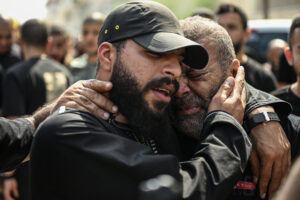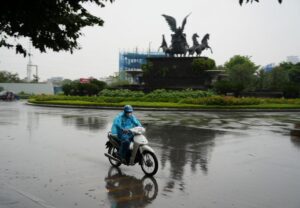Venezuelan Presidential Candidate Left The Country To Seek Asylum Amid Post-Election Crackdown
Venezuelan Vice President Delcy Rodriguez said that Edmundo González had sought refuge in past days at Spain’s embassy in Caracas.
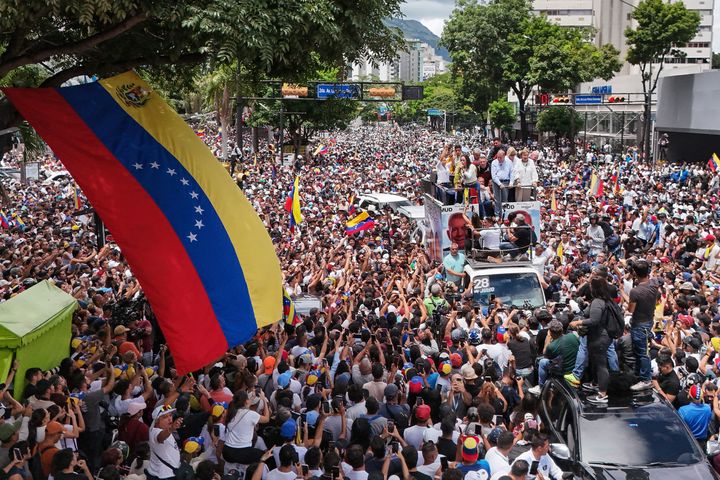
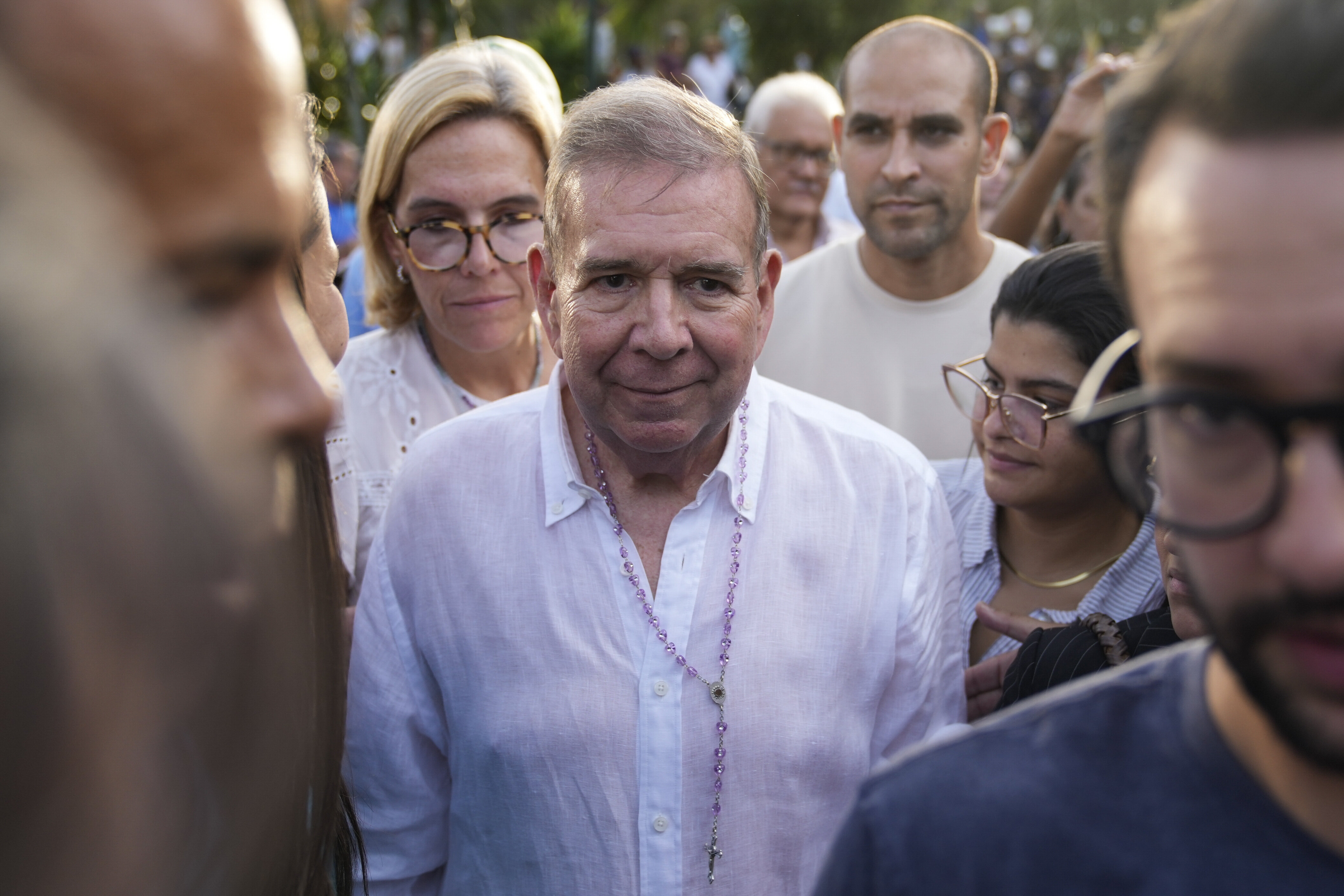
CARACAS, Venezuela (AP) — Former Venezuelan opposition presidential candidate Edmundo González has left the South American country after seeking asylum in Spain, according to a senior Venezuelan official.
The surprise departure by the candidate who Venezuela’s opposition and several foreign governments consider the legitimate winner of July’s presidential race is a serious blow to efforts to unseat President Nicolás Maduro and comes just days after the government ordered his arrest.
Venezuelan Vice President Delcy Rodríguez said in a message posted on Instagram that González, who has not been seen since the election, had sought refuge in past days at Spain’s embassy in Caracas. She said the government decided to grant González safe passage out of the country to help restore “the country’s political peace and tranquility.”
Neither González nor anyone from Venezuela’s opposition has yet to comment.
González, a 75 year old former diplomat, was a last minute stand in when opposition leader Maria Corina Machado was banned from running. Previously unknown to most Venezuelans, his campaign nonetheless rapidly ignited the hopes of millions of Venezuelans desperate for change after a decade long economic freefall.
While Maduro was declared the winner of the July vote, most western governments have yet to recognize his victory and are instead demanding that authorities publish a breakdown of votes. Meanwhile, tally sheets collected by opposition volunteers from over two-thirds of the electronic voting machines indicate that González won by a more than 2-to-1 margin.
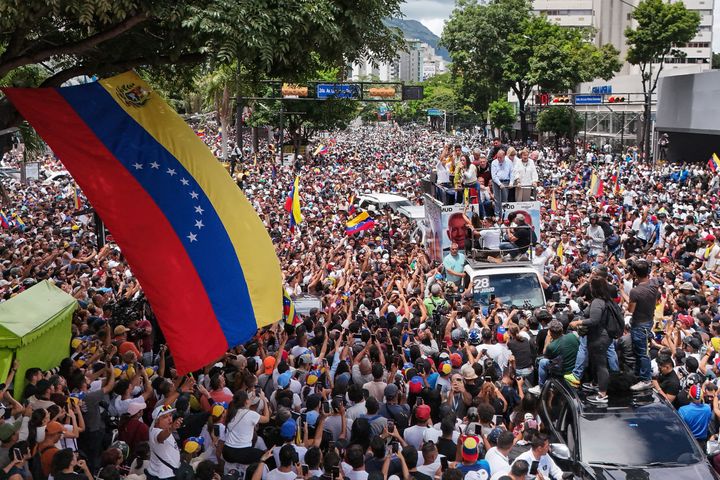
The tally sheets have long been considered the ultimate proof of election results in Venezuela. In previous presidential elections, the National Electoral Council published online the results of each of the more than 30,000 voting machines but the Maduro-controlled panel did not release any data this time, blaming an alleged cyberattack mounted by its opponents from North Macedonia.
Attorney General Tarek William Saab, a staunch Maduro ally, sought González’s arrest after he failed to appear three times in connection to a criminal investigation into what it considers an act of electoral sabotage.
Saab told reporters that the voting records the opposition shared online were forged and an attempt to undermine the National Electoral Council.
Support Free Journalism
Already contributed? Log in to hide these messages.
Experts from the United Nations and the Carter Center, which at the invitation of Maduro’s government observed the election, determined the results announced by electoral authorities lacked credibility. In a statement critical of the election, the U.N. experts stopped short of validating the opposition’s claim to victory, but they said the voting records it published online appear to exhibit all of the original security features.
Support Free Journalism
Already contributed? Log in to hide these messages.

